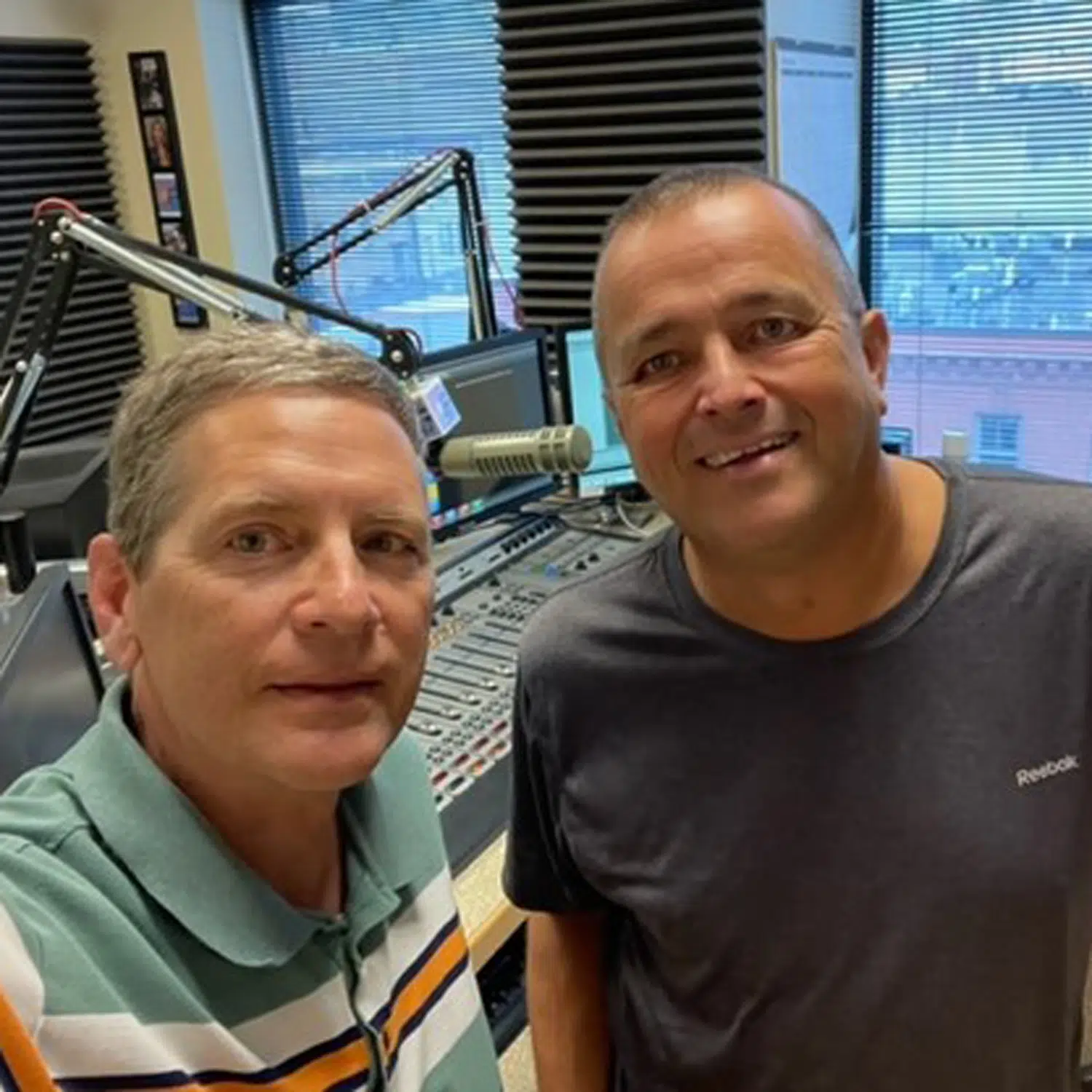ADDIS ABABA (Reuters) – An unknown number of villagers have been killed in an ethnically-motivated massacre in western Ethiopia, the country’s rights body said, as federal forces attempt to stabilise the area following a mass killing in mid-June.
Oromiya region, where the Amhara are a minority ethnic group, has experienced spasms of violence for many years, rooted in grievances about political marginalisation and neglect by the central government.
The killings took place on Monday in two villages in Kellem Wollega, around 400 km (250 miles) west of the capital Addis Ababa, the state-appointed Ethiopian Human Rights Commission (EHRC) said.
It blamed the Oromo Liberation Army (OLA), a banned splinter group of an opposition party, for the killings. The OLA denied the accusation and blamed paramilitary groups.
Reuters was not immediately able to verify the claims of either side.
Ethiopia’s Prime Minister Abiy Ahmed blamed the OLA for the attacks, which he also called a “massacre”.
OLA spokesman Odaa Tarbii rejected the accusations, saying government-allied militias were responsible for the slaughter, while federal troops recently deployed in the area did nothing to stop it.
“The prime minister’s accusation is an attempt by the regime to deflect from the fact that it is struggling to maintain order in its own forces,” Odaa told Reuters.
Ethiopia government spokesman Legesse Tulu said OLA was attempting to shift blame onto the government, calling it a tactic “any terrorist group uses to hides their evil works.”
He did not provide any details on casualties.
Oromiya’s regional administration spokesman did not immediately respond to requests for comment.
Around 340 people were killed in the same region last month, Abiy’s spokesman has said, amid accusations of blame by the government and the OLA.
The EHRC called for an immediate stabilisation of the area.
“The continued insecurity in the area and what appears to be the ethnically targeted killing of residents must be put to a stop immediately,” Daniel Bekele, the head of the EHRC said in a statement late on Monday.
(Reporting by Addis Ababa; Writing by Hereward Holland; Editing by Duncan Miriri and Raju Gopalakrishnan)

